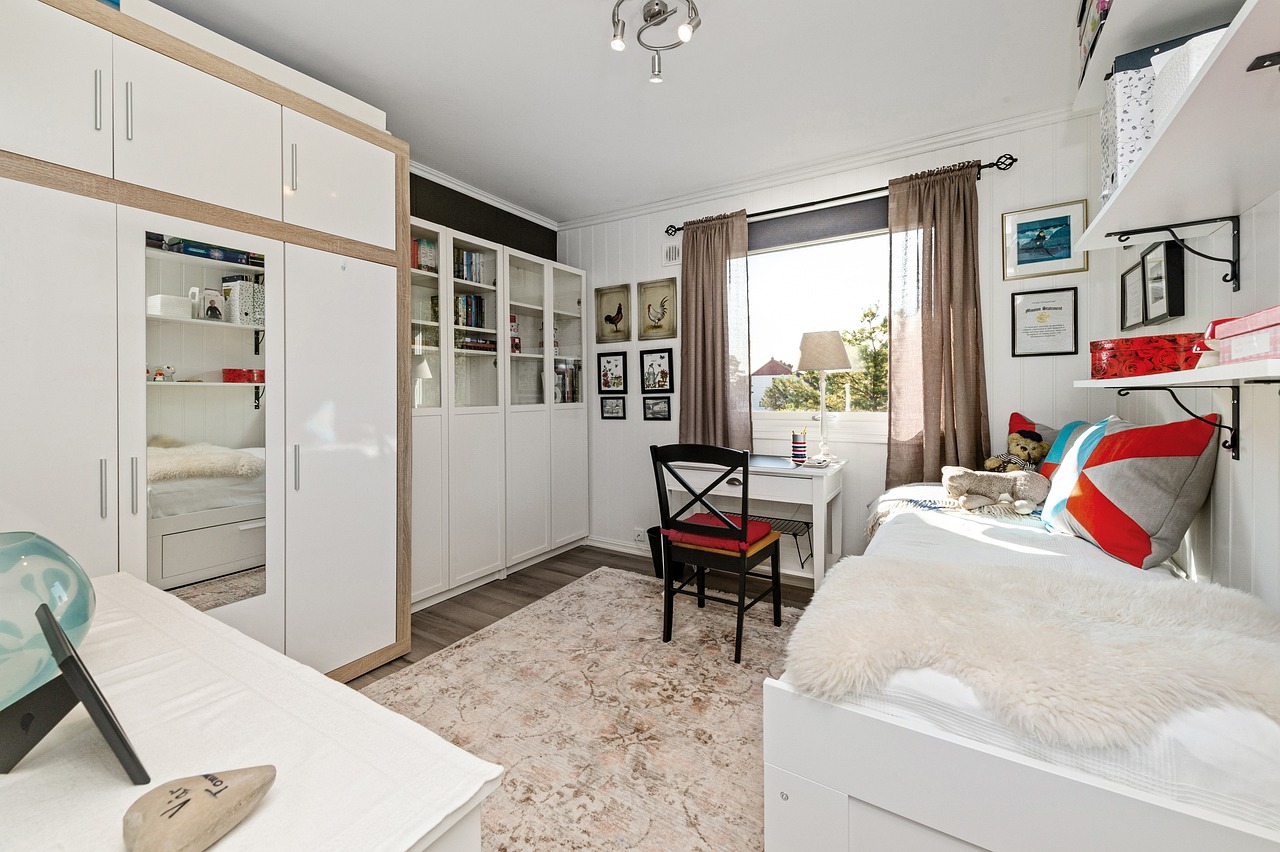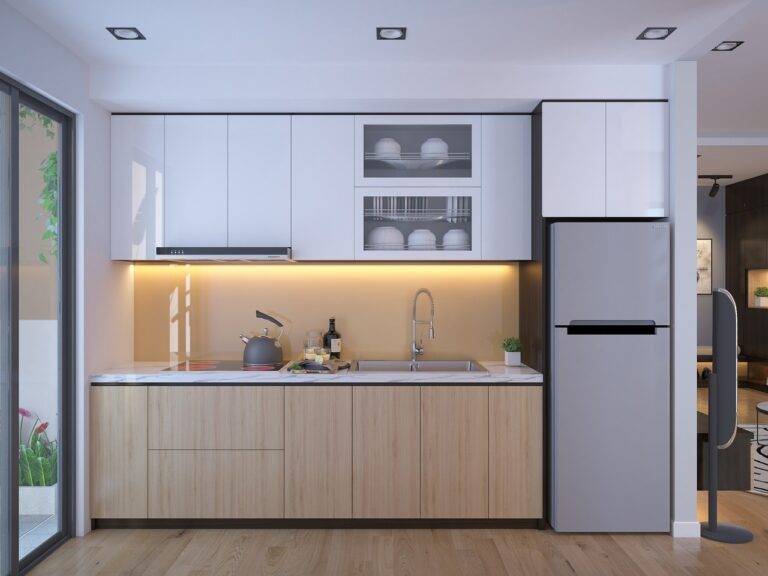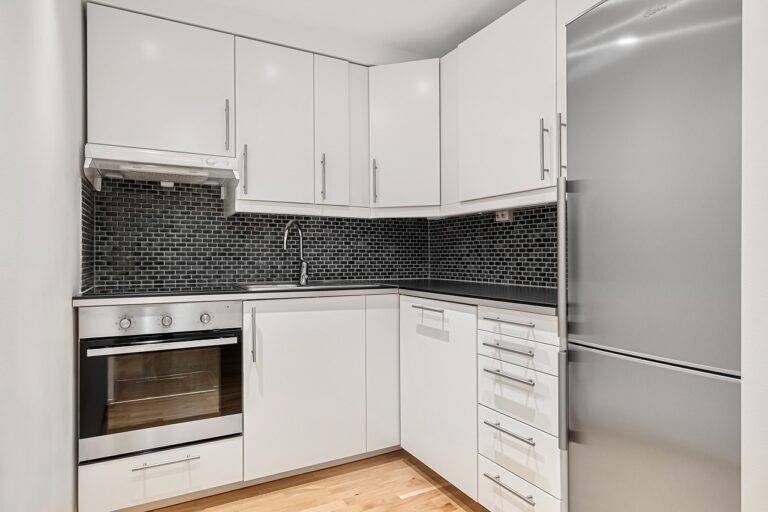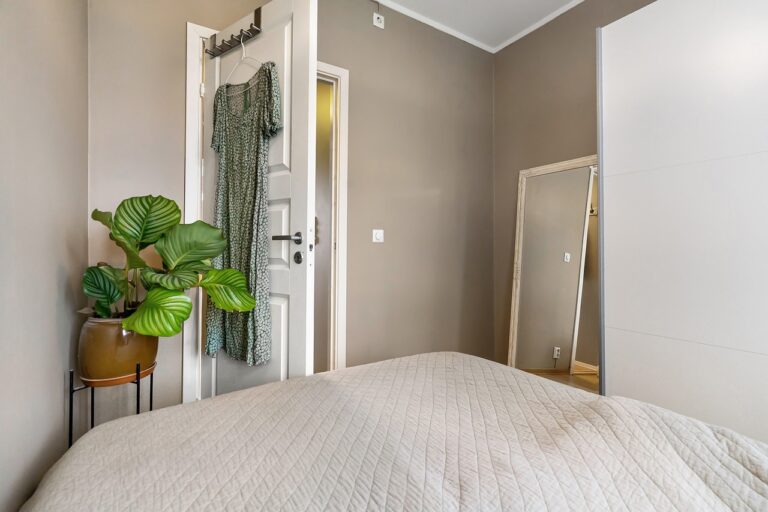How to Improve Home Air Quality with Advanced Ventilation: My 99 exch, Laser book 247 com registration, Yolo247 club login
my 99 exch, laser book 247 com registration, yolo247 club login: Maintaining good air quality in our homes is essential for our health and overall well-being. Poor air quality can lead to respiratory issues, allergies, and other health problems. One of the most effective ways to improve home air quality is through advanced ventilation systems. In this article, we’ll explore how advanced ventilation can help enhance the air quality in your home.
What is Advanced Ventilation?
Advanced ventilation systems are designed to provide fresh, clean air while also controlling humidity levels and removing pollutants from the air. These systems use advanced technology to ensure that the air in your home is of the highest quality. By continuously circulating fresh air throughout your home, these systems can help reduce the concentration of indoor pollutants and improve overall air quality.
Benefits of Advanced Ventilation
There are several benefits to installing an advanced ventilation system in your home. Some of the key advantages include:
1. Improved air quality: Advanced ventilation systems can help remove pollutants such as dust, allergens, and chemicals from the air, creating a healthier living environment.
2. Reduced humidity: Proper ventilation can help control humidity levels in your home, preventing mold and mildew growth.
3. Energy efficiency: Advanced ventilation systems are designed to be energy-efficient, helping you save on heating and cooling costs.
4. Odor control: Ventilation systems can help remove unpleasant odors from your home, leaving the air smelling fresh and clean.
5. Better respiratory health: By providing clean, fresh air, advanced ventilation systems can help reduce respiratory issues such as asthma and allergies.
How to Improve Home Air Quality with Advanced Ventilation
If you’re considering installing an advanced ventilation system in your home, here are some tips to help you get started:
1. Assess your current air quality: Before investing in a ventilation system, it’s important to assess your home’s air quality to determine the best solution for your needs.
2. Choose the right system: There are various types of advanced ventilation systems available, including heat recovery ventilators (HRVs) and energy recovery ventilators (ERVs). Choose a system that is suitable for your home size and needs.
3. Install the system properly: To ensure optimal performance, it’s crucial to have your ventilation system installed by a professional.
4. Maintain your system: Regular maintenance is essential to keep your ventilation system running efficiently. Clean or replace filters as needed and schedule annual inspections.
5. Monitor indoor air quality: Consider investing in an indoor air quality monitor to keep track of pollutant levels in your home and ensure that your ventilation system is working effectively.
FAQs
Q: How often should I replace the filters in my ventilation system?
A: It’s recommended to replace filters every 3-6 months, depending on usage and the manufacturer’s guidelines.
Q: Can advanced ventilation systems help with reducing allergens in the air?
A: Yes, advanced ventilation systems are designed to help remove allergens such as dust, pollen, and pet dander from the air.
Q: Will an advanced ventilation system help with controlling indoor humidity levels?
A: Yes, ventilation systems can help control humidity levels by bringing in fresh, dry air and exhausting moist air.
In conclusion, advanced ventilation systems can play a crucial role in improving home air quality. By investing in a quality ventilation system and following the tips mentioned above, you can create a healthier and more comfortable living environment for you and your family.







